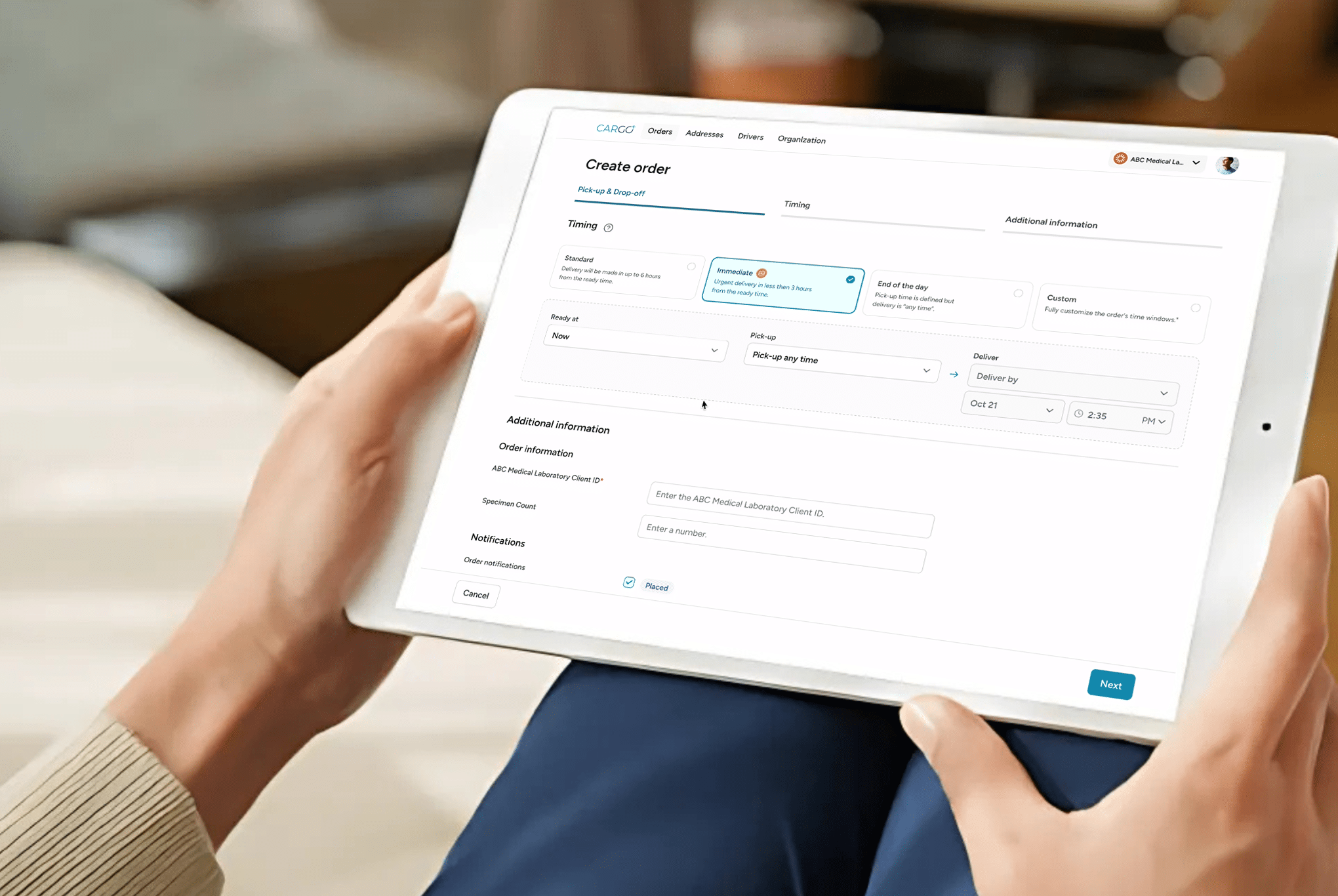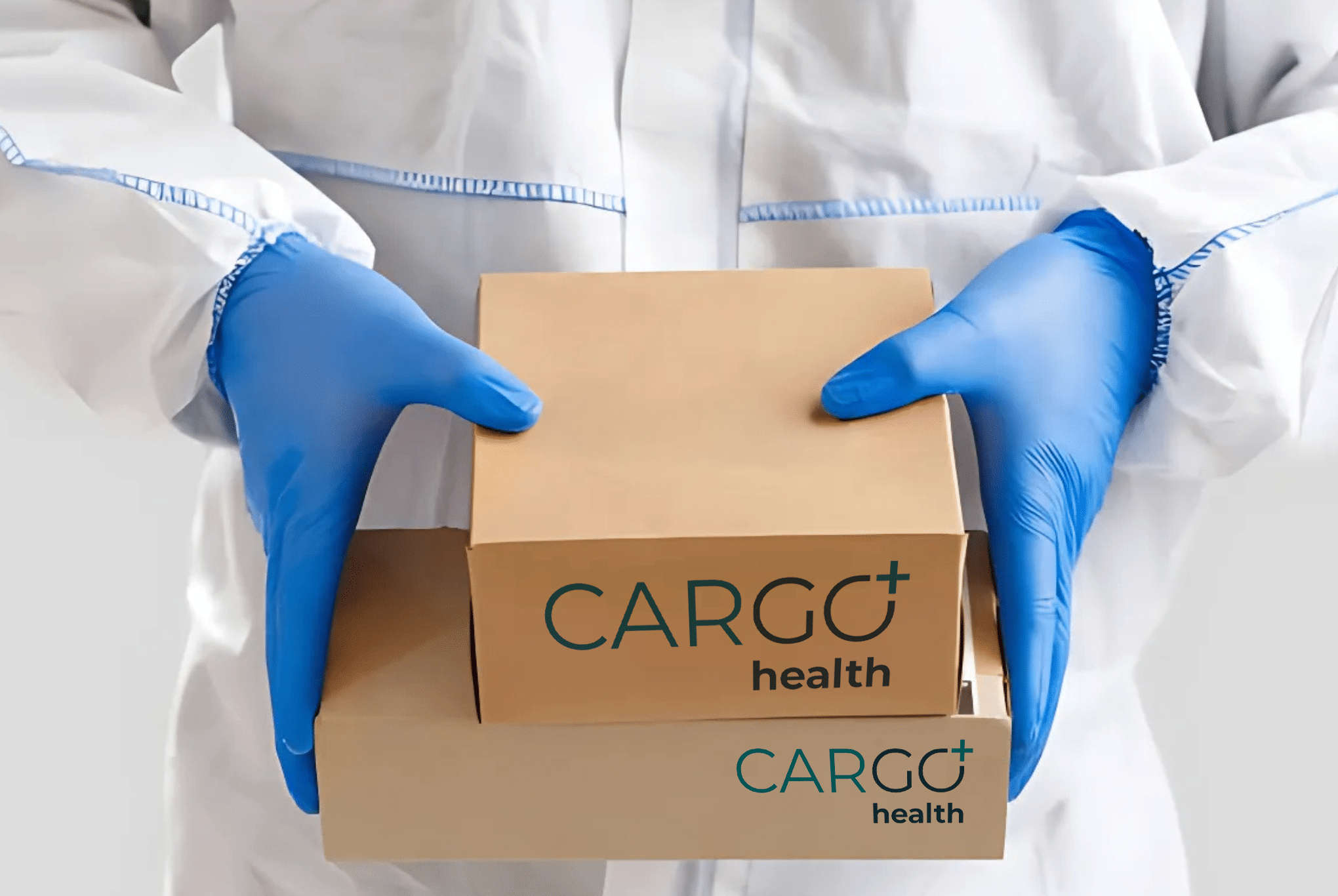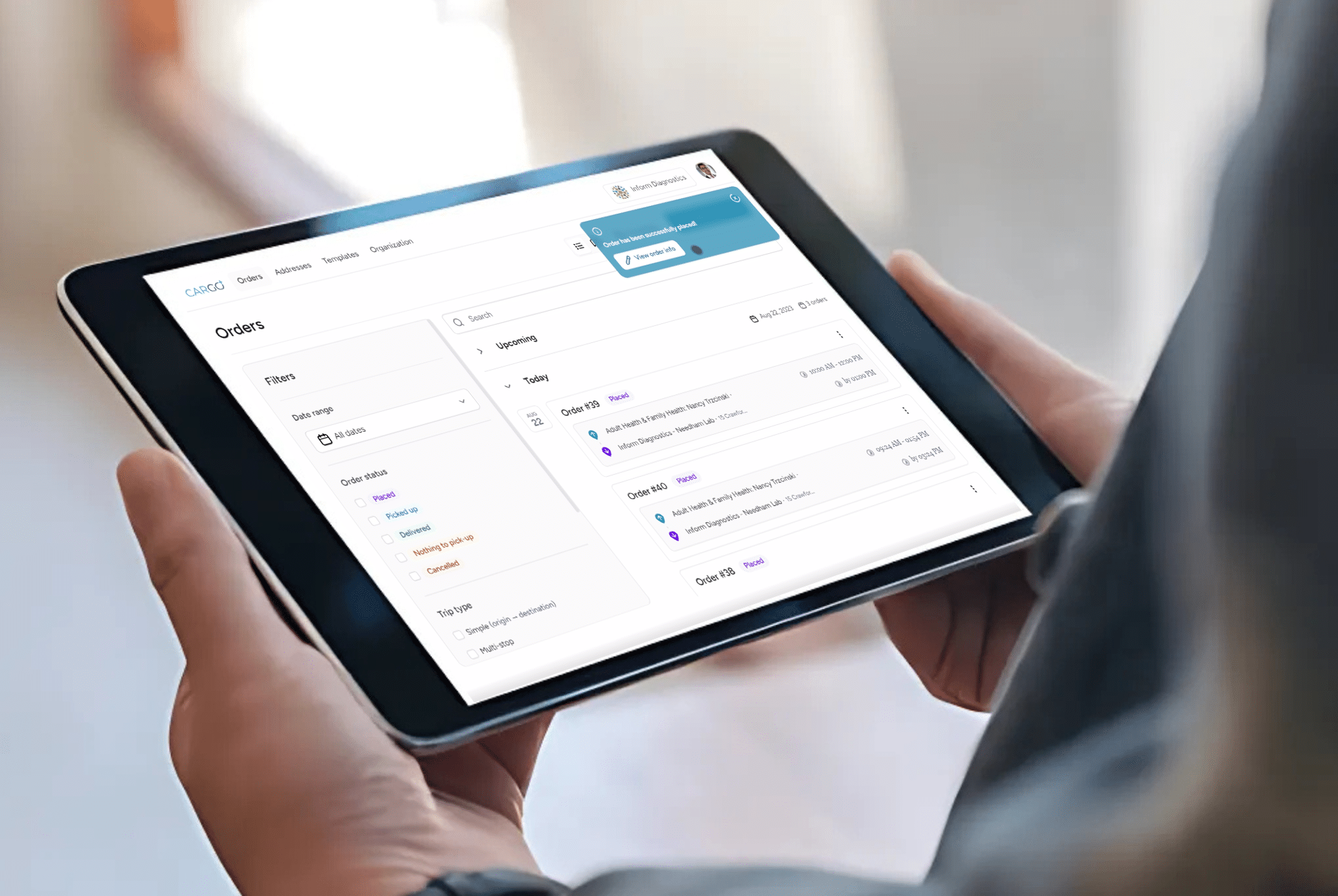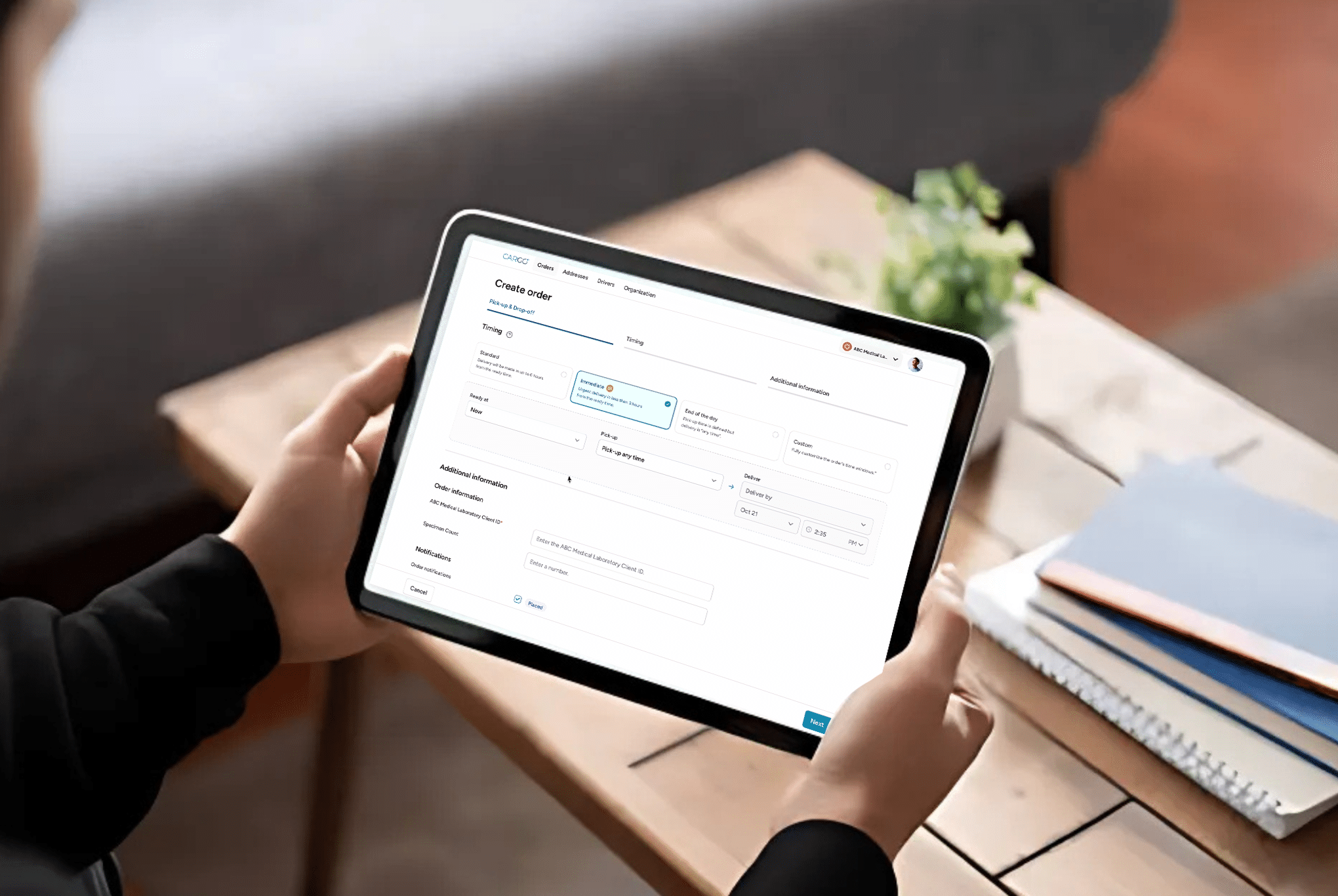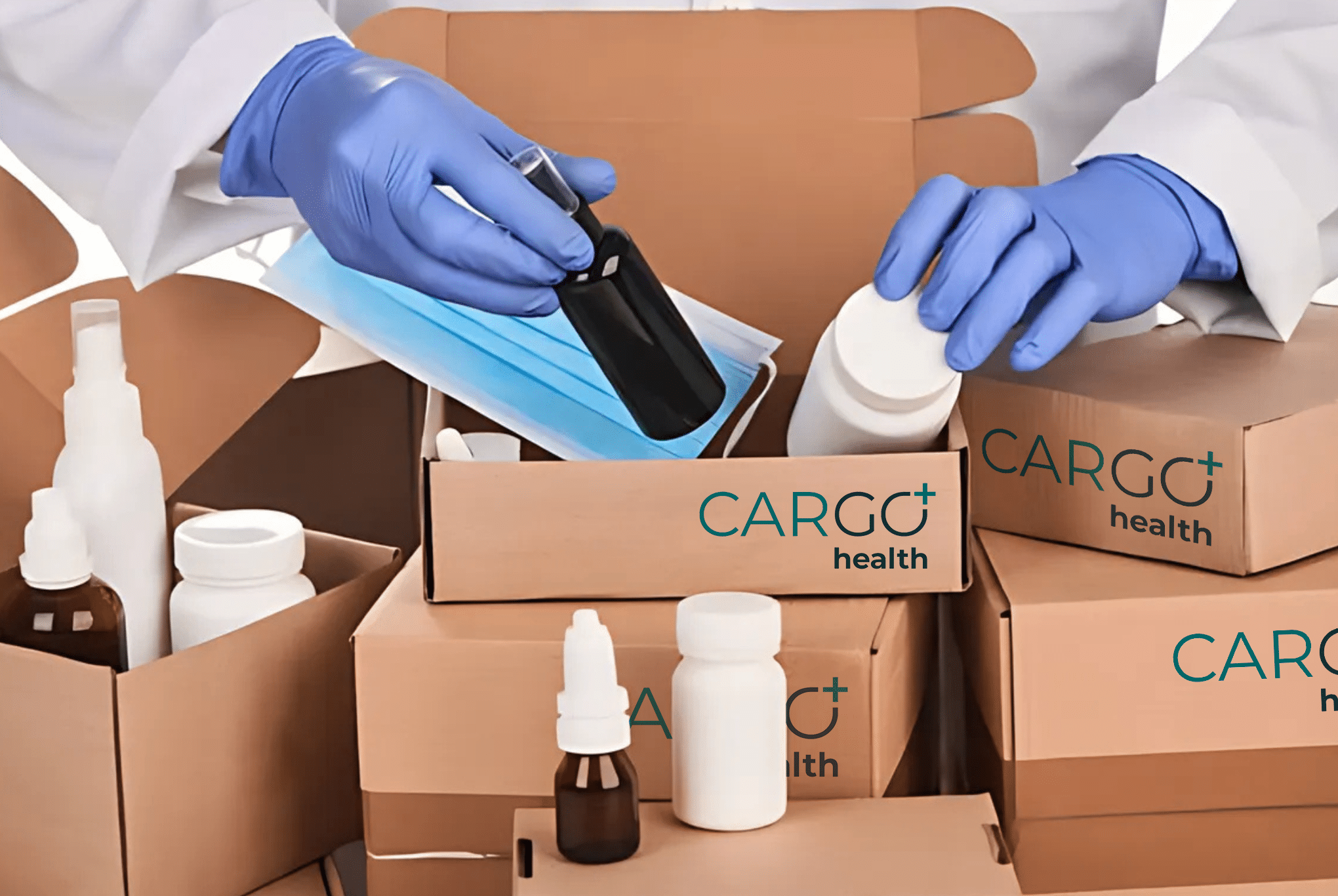24/7 Emergency Courier Services: Handling Time-Sensitive Medical Deliveries
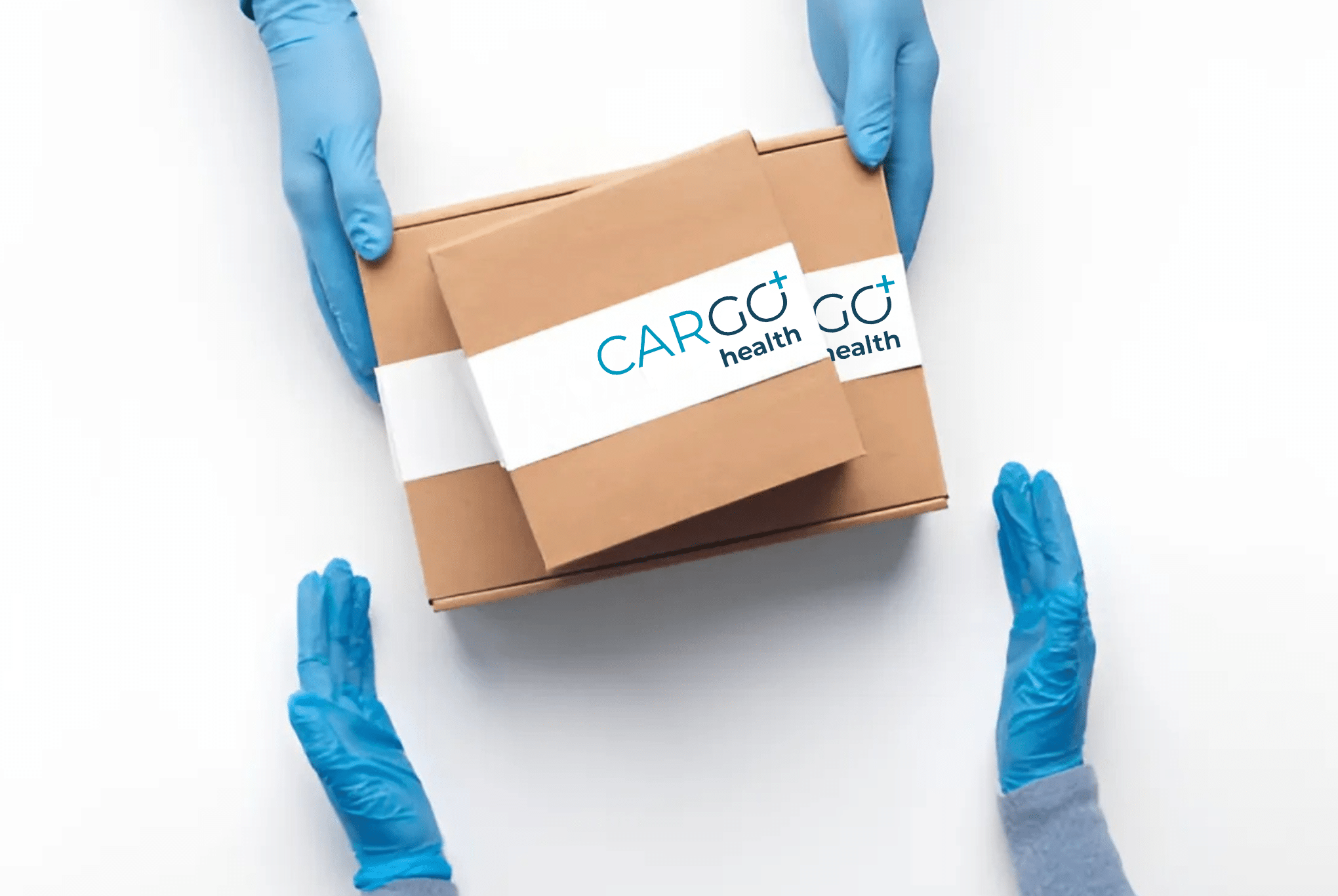
In the fast-paced world of healthcare, timely delivery of critical medical supplies is a matter of life and death. Whether it’s transporting life-saving medications, blood samples, diagnostic specimens, or specialized medical equipment, emergency courier services are the backbone of modern healthcare logistics. Operating 24/7, these services ensure that time-sensitive medical deliveries reach their destination without delays.

The Growing Demand for Emergency Medical Logistics
The healthcare industry’s increasing reliance on just-in-time inventory systems has made fast, reliable courier services essential. Hospitals, clinics, and laboratories need uninterrupted access to critical supplies, especially during emergencies. Traditional courier services are often not equipped to handle the unique challenges posed by medical logistics. This is where specialized medical couriers play a crucial role, offering tailored solutions for the healthcare sector.
Precision, Security, and Speed: Key Elements of Medical Courier Services
Emergency medical courier services are designed to prioritize speed without compromising security or compliance. The transportation of medical materials demands a higher level of precision compared to other industries due to the sensitive nature of the cargo.
1. Compliance with Regulatory Standards
Medical couriers must adhere to strict regulations set by organizations such as HIPAA (Health Insurance Portability and Accountability Act) and OSHA (Occupational Safety and Health Administration). These standards ensure the secure handling and confidentiality of patient information and biological samples.
2. Temperature-Controlled Transport
Many medical products require specific temperature conditions during transport. Vaccines, blood products, and certain pharmaceuticals must be kept within a controlled environment to maintain efficacy. Advanced courier services utilize refrigerated vehicles and insulated packaging solutions to meet these requirements.
3. Real-Time Tracking and Communication
Technology plays a vital role in enhancing the efficiency of 24/7 courier services. Real-time GPS tracking, automated notifications, and mobile apps keep healthcare providers informed about the status of their deliveries. This level of transparency reduces anxiety in high-pressure situations.
4. Specialized Handling and Training
Transporting medical materials involves more than speed—it requires expertise. Medical couriers are trained to handle hazardous materials, biohazards, and delicate medical devices with care. They are also equipped with the necessary tools to manage unexpected situations, ensuring deliveries are completed safely and securely.
Common Applications of Emergency Medical Courier Services
- Pharmaceutical Deliveries: Rapid transport of medications, especially for patients requiring critical care at home.
- Laboratory Specimen Transport: Fast delivery of diagnostic samples to labs for immediate analysis.
- Organ and Tissue Transport: Time-sensitive delivery of organs and tissues for transplantation procedures.
- Medical Equipment Distribution: Emergency delivery of essential medical devices, such as ventilators or dialysis machines.
Why 24/7 Availability Matters
Healthcare emergencies are unpredictable. A courier service that operates around the clock can respond immediately to urgent requests. This ensures that critical medical supplies reach the right place at the right time, minimizing risk to patient health.
Moreover, a 24/7 service minimizes downtime in medical facilities by preventing disruptions in supply chains. It can mean the difference between a successful operation and a delayed procedure.
The Future of Medical Courier Services
The medical courier industry is evolving with advancements in technology and logistics. Innovations such as drone delivery, AI-powered route optimization, and enhanced cold-chain solutions are shaping the future. These developments promise even greater efficiency and reliability in handling time-sensitive medical deliveries.
Key Insights
The importance of 24/7 emergency courier services in healthcare cannot be overstated. Their ability to provide fast, secure, and compliant transport solutions plays a pivotal role in safeguarding patient outcomes. As the healthcare industry grows increasingly time-sensitive, the demand for specialized logistics services will only continue to rise.

